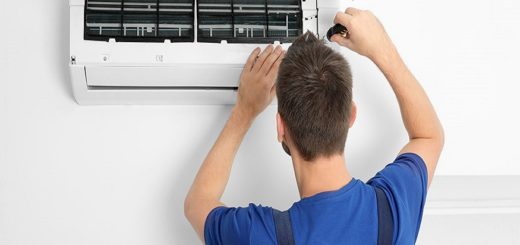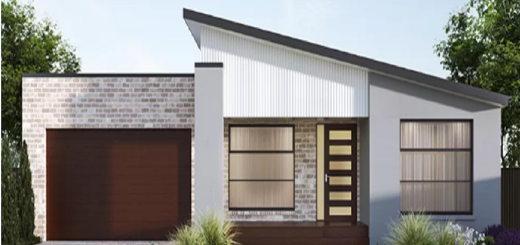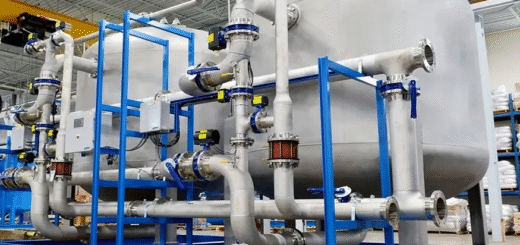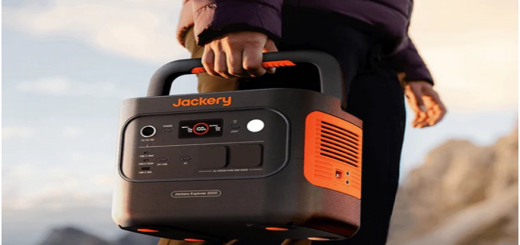5 Common Causes of Low Hot Water Pressure (and What to Do About It!)
When you’ve had a long day and your muscles are sore, there is nothing better than a hot shower. It’s invigorating unless you have low hot water pressure. If the cold water comes in great, but your hot water trickles, then there’s no relief for your aching muscles.
If you find yourself asking, “Why is my hot water pressure low,” regularly, then you’ve got a problem. We’ll examine five common reasons why your hot water pressure is low, so you can decide the best way to fix it.
Don’t let your hot water pressure make your end of the day shower a cold one. Find out what the problem is and fix it.
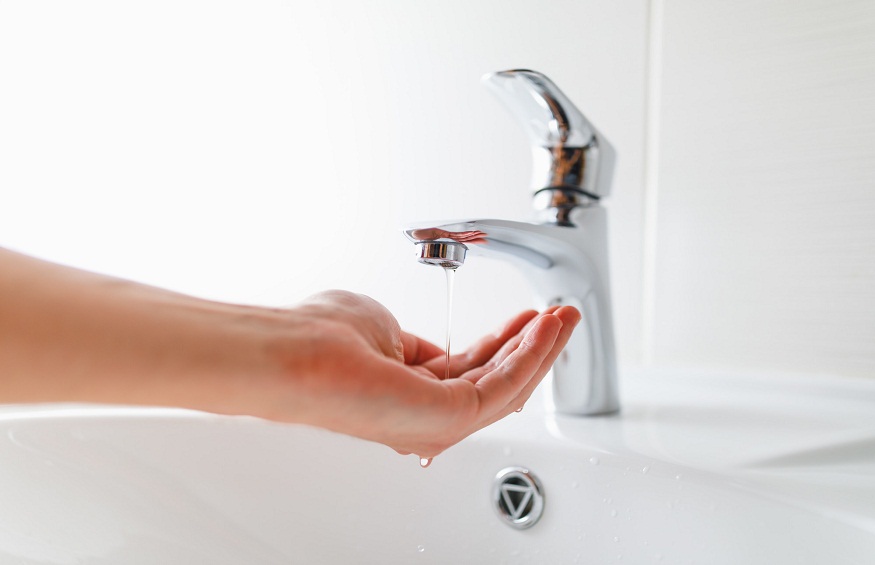
1. Sediment Causes Low Hot Water Pressure
Your hot water heater is often the problem for low water pressure. It’s the middleman between the cold water coming in and the hot water coming out of the faucet. If the cold water pipes are old or if the water isn’t properly treated, then it can lead to a sediment buildup in your hot water heater.
This sediment clogs the pipe and causes lower water pressure. Depending on the age and condition of the water heater, you can have the pipes cleaned or replace the water heater.
2. Water Supply Lines Kinked
Your hot water heater has copper pipes that move the water from the heater to your faucet. Copper isn’t the sturdiest metal, and it doesn’t make much to bend them, causing a kink.
The kink causes less water flow, leading to low hot water pressure.
3. Hard Water Clogs Up Lines
Hard water has various minerals in it that can cause a clog over time. Iron and other metals flow constantly through the pipes, both the cold water inflow and the hot water outflow. Over time, the minerals build up and clog up the pipe.
You’ll notice less water pressure and it gets worse over time.
4. Hot Water Shutoff Valve Partially Closed
Your water heater has a shutoff valve that keeps water from entering the home. This is in case of a water heater problem or water heater replacement. If the valve is only partially shut, then it limits the amount of water.
This lowers the hot water pressure for every faucet in the home or business.
5. Too Many Bends in Pipes
The best route for water to take to your faucet is a straight line, but if the pipes were placed improperly or the route requires bends and turns, then it can lower the hot water pressure.
Every time the water goes through a bend, it loses a little pressure. If it has many bends to go through, then it can significantly limit the pressure for that line.
Keep an Eye on Hot Water Pressure
If you notice the hot water trickling out of your faucet or the pressure lessening over time, then you should find out the cause and get it fixed. Whether it’s a hot shower or just doing the dishes, you need hot water in your daily life.
If you want to learn more about hot water pressure and pressure issues, please explore our site.



